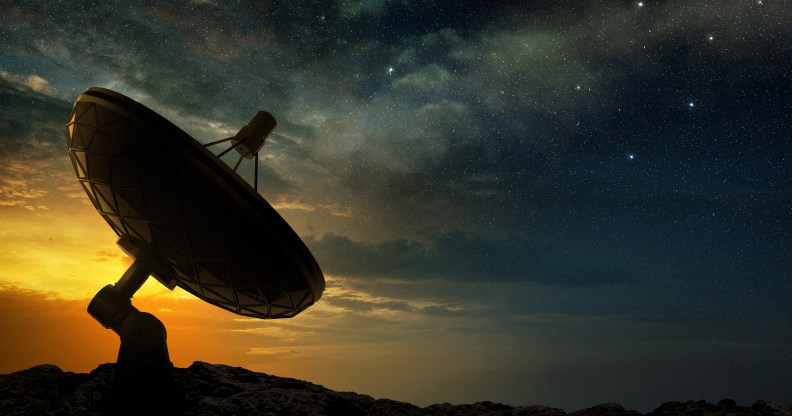Hiring LGBT, disabled and indigenous astronomers will lead to more significant discoveries, report says

Hiring more LGBT+ astronomers could result “in major discoveries and advances”. (Envato)
A paper published in an Australian science journal has said that hiring diverse astronomers, especially those from the LGBT+, disabled and indigenous communities, is essential for the country’s success in the field.
The report, published in the journal Nature Astronomy, said that astronomers from marginalised groups are likely to have fresh perspectives that could help Australia advance in the era of “mega-telescopes”.
Professor Lisa Kewley, director of the ARC Centre of Excellence in All Sky Astrophysics (ASTRO 3D), said: “Studies show that increased diversity up to the highest levels of organisations, and effective diversity management, leads to organisations outperforming their competition in innovation, productivity and profit because more ideas are produced.
“These might be ideas for new experiments, products, or new ways to become more efficient or profitable.”
Kewley said that Australia has already shown a “striking” improvement in the number of women working in the industry. Of the 500 astronomers working in Australia, 27 percent are women with PhDs and 37 percent are women studying for a PhD or lesser degree.
The Australian Academy of Science recommended that women should fill at least a third of positions at all levels by 2025.
She added that many institutions have taken up an initiative called the Pleiades Awards, run by the Astronomical Society of Australia, which rates organisations based on the level of participation by women at all levels.
“The broad uptake of Pleiades Awards is remarkable,” she said. “Institutions are not required to do so, and there is no financial incentive for receiving one.”
Now, Kewley, is the time organisations to move beyond encouraging the participation of women to also actively recruit LGBT+, indigenous, disabled, and chronically ill astronomers.
She added: “It is reasonable to infer that greater levels of diversity in astronomy organisations will also produce a greater likelihood of outperforming competition in astronomy key performance measures in major discoveries and advances.”
https://twitter.com/stellas2ndact/status/1196246009837281280
As astronomers move towards greater inclusion of LGBT+ people, so do the subjects of their research.
Jupiter was photographed in UV light by the Hubble Telescope late last year, but a tweet from a trans activist went viral in October when they captioned a photo of the planet with: “Jupiter says trans rights.”

